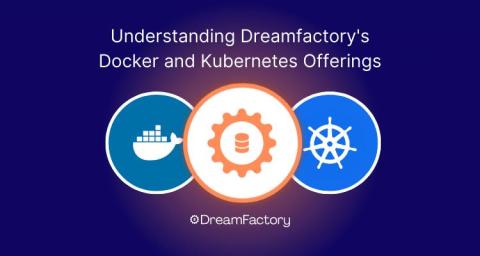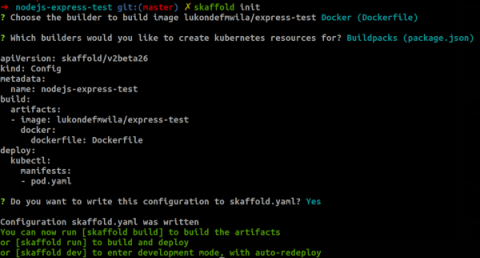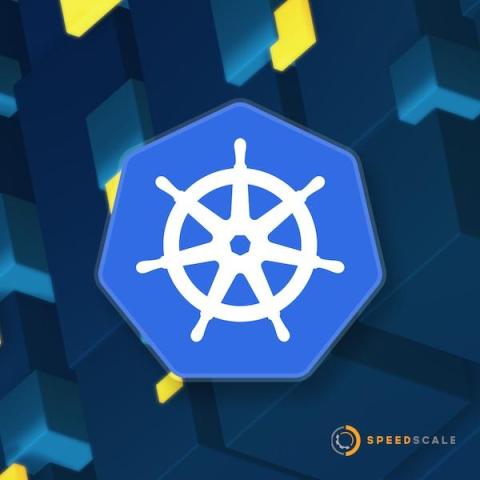Guide to the Best Kubernetes Development Tools
In Kubernetes environments, a suite of essential tools has emerged, addressing various aspects of deployment, management, and troubleshooting within distributed systems. These Kubernetes tools collectively aim to streamline complex processes, enhance productivity, and alleviate challenges inherent in managing modern applications. Efficient deployment, management, monitoring, and troubleshooting are crucial for achieving optimal productivity in Kubernetes ecosystems.











